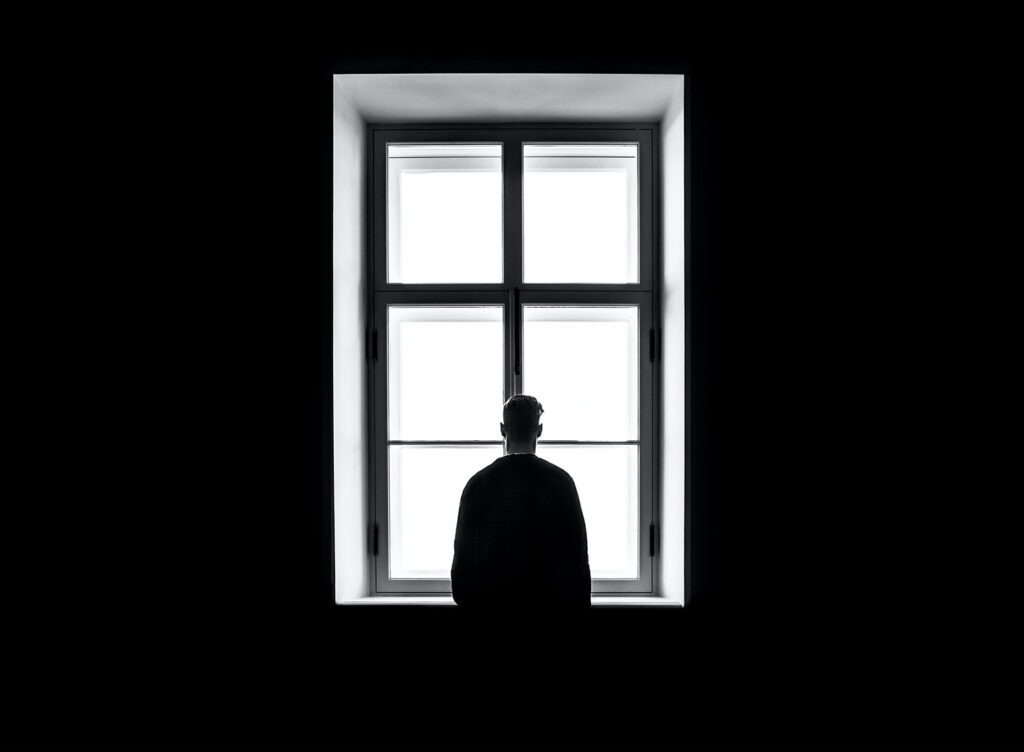Feelings of Inferiority in LGBTQ+ People
By Robert Fourie, Cork LGBTQ+ community
Many of us in the LGBTQ+ community suffer from a hidden internal state that causes a great deal of unhappiness. Specifically, this mental state can erode self-care, self-esteem, self worth and a general sense of wellbeing. Therefore it needs to be exposed and challenged. The name of this internal mental state is “Inferiority”. Although there is nothing inferior about being an LGBTQ+ person, many people in the LGBTQ+ community experience a nagging sense of inferiority.
The roots of inferiority lie in childhood. According to Alfred Adler one of the founders of psychotherapy, when we are children, we naturally experience a sense of “being smaller-than”. Ideally, this sense of smallness provides a beginner’s mind which allows us to learn and develop and which motivates us to grow up and blossom into adult autonomy. Therefore, it is a driver of development and growth. However, if a child is overwhelmed by this smallness and experiences it as dangerous or emotionally engulfing, this sense of smallness can easily turn into a sense of inferiority and shame.
When a gay or trans identity starts to emerge, a perceived difference from the social norm may threaten a sense of equality with other members of a peer group. Excessive teasing, bullying and exclusion; or even the threat of these things, could lead to alienation. Consequently, young LGBTQ+ people may feel a great deal of shame and helplessness as their identities surface, particularly when hiding their orientation from peers. In other words, they could easily start feeling “less than” others. But this is not confined to the young. A sense of inferiority can be a lifelong difficulty if it is not brought to awareness and challenged.
Adler believed that when individuals felt inferiority, they sometimes tried to counterbalance it by acting superior. In other words “small” feelings led to “big” behaviours. Specifically, superior behaviours are intended to drive away overwhelming feelings of being small and inferior, but instead result in repelling others. Unable to feel equality, some people do things that make them feel “big” but which make others feel “small”. This is very unfortunate because it interrupts supportive peer relationships.
Such behaviours can be overt or subtle and include bitchiness, brand snobbery, ugly talk about others, aloofness, being unreasonably entitled, being punishing and unforgiving, talking constantly about ourselves without showing interest in the lives of others, being super-critical of amenities and resources, being stingy, intellectualising everything, turning everything into a joke, over-spending, and becoming obsessed with muscularity and fitness. Depending on context, these actions may be attempts to drive away deeper feelings of being less than others, but can instead lead to a loss of connection with others.
Bringing awareness to this idea of inferiority is one good step in the right direction because it helps us to question feelings of low value and esteem. It also helps us to question our own superiority behaviours which alienate us from others. With awareness, we might realise we are not alone in feelings of vulnerability and smallness. More importantly, if we can use these feelings to drive our growth as humans, then that is a positive way of integrating inferiority. Furthermore, we can use awareness to let ourselves off the hook, particularly when a deep-seated sense of inferiority nags us to be perfect in every way and persecutes us into misery. It is not impossible to turn superior behaviours around and to do fun things that support our peers and our own position within a group.
It is very easy to reject what seems inferior and small within ourselves, but it takes discipline and effort to meet and accept these parts. By valuing what seems to be inferior within us, we are less likely to do things that push others away and we are less likely to injure ourselves in other ways. The good news is that when we connect with these vulnerable parts, it is more likely that we connect with the vulnerability within others. Finally, by connecting with the vulnerability within others, we are more likely to experience the social wellbeing, connection and self-acceptance that makes life more enjoyable.

